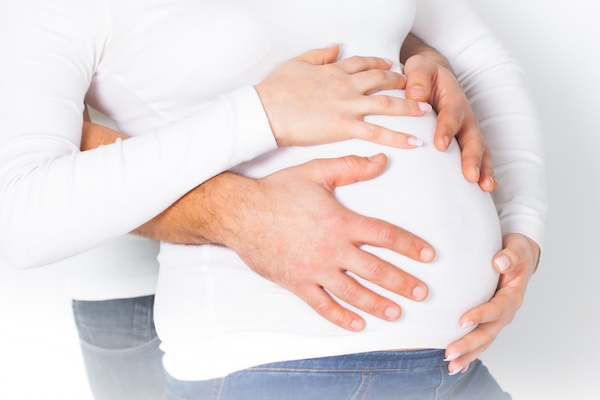THURSDAY, Oct. 18 (HealthDay News) — Women whose first pregnancy is ectopic have fewer children and are at increased risk for another ectopic pregnancy, a new study says.
Ectopic pregnancies account for about 1 percent of pregnancies and occur when a fertilized egg implants somewhere other than in the womb. Ectopic pregnancies usually occur in the fallopian tubes, which carry eggs from the ovaries to the uterus.
An ectopic pregnancy is potentially life-threatening condition for the mother. Often the implanted egg dies, but some women require medication or surgery.
For this study, nearly 3,000 Danish women whose first pregnancy was ectopic were followed for an average of 23 years. They were compared to women whose first pregnancy ended in delivery, miscarriage or abortion.
Women with an ectopic pregnancy had the lowest long-term rate of subsequent births at 69 per 100 women, compared with 126 per 100 among those who had a miscarriage, 77 per 100 among those who had an abortion, and 73 per 100 among those who had a delivery.
The researchers also found that women whose first pregnancy was ectopic had a five times higher risk of further ectopic pregnancies than the other women, according to the study, published online Oct. 18 in the journal Human Reproduction.
“These results indicate that fertility is compromised in women whose first pregnancy is ectopic and even after 30 years they have significantly fewer children compared with other women,” study author Dr. Line Lund Karhus, a research student in the gynecological clinic at the Rigshospitalet in Copenhagen, said in a journal news release.
“We had expected that, over time, women would compensate for their reduced fertility by making more attempts to become pregnant. However, our results demonstrate that these extra attempts at pregnancy do not result in the same number of babies for women whose first pregnancy was ectopic compared with other women,” the researcher said.
More information
The Nemours Foundation has more about ectopic pregnancy.

